Naouel Karam
ROC: An Ontology for Country Responses towards COVID-19
Apr 15, 2021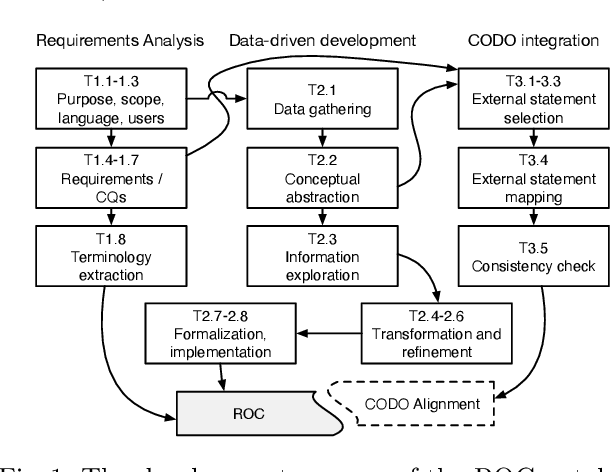
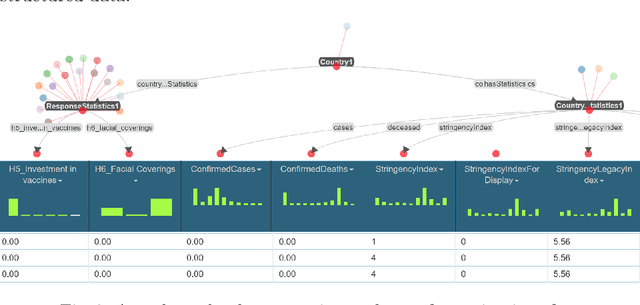

Abstract:The ROC ontology for country responses to COVID-19 provides a model for collecting, linking and sharing data on the COVID-19 pandemic. It follows semantic standardization (W3C standards RDF, OWL, SPARQL) for the representation of concepts and creation of vocabularies. ROC focuses on country measures and enables the integration of data from heterogeneous data sources. The proposed ontology is intended to facilitate statistical analysis to study and evaluate the effectiveness and side effects of government responses to COVID-19 in different countries. The ontology contains data collected by OxCGRT from publicly available information. This data has been compiled from information provided by ECDC for most countries, as well as from various repositories used to collect data on COVID-19.
* 10 pages, 3 figures
QURATOR: Innovative Technologies for Content and Data Curation
Apr 25, 2020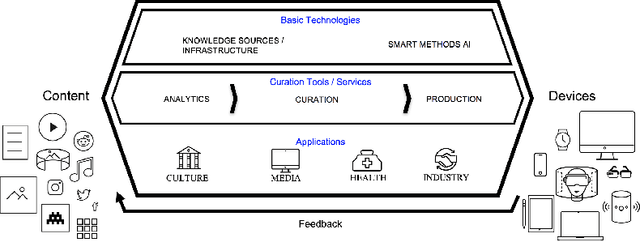
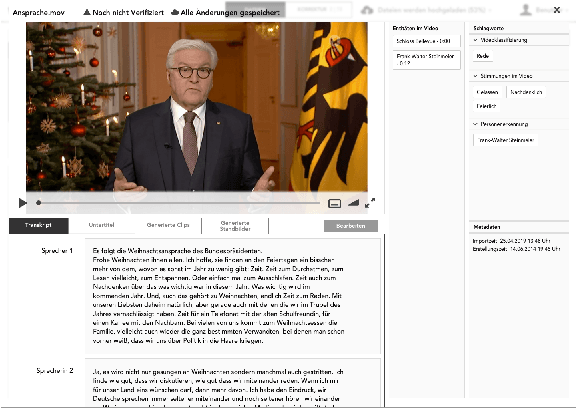
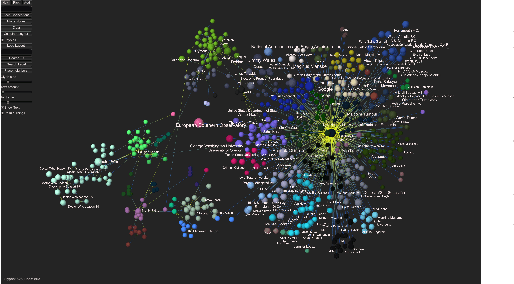

Abstract:In all domains and sectors, the demand for intelligent systems to support the processing and generation of digital content is rapidly increasing. The availability of vast amounts of content and the pressure to publish new content quickly and in rapid succession requires faster, more efficient and smarter processing and generation methods. With a consortium of ten partners from research and industry and a broad range of expertise in AI, Machine Learning and Language Technologies, the QURATOR project, funded by the German Federal Ministry of Education and Research, develops a sustainable and innovative technology platform that provides services to support knowledge workers in various industries to address the challenges they face when curating digital content. The project's vision and ambition is to establish an ecosystem for content curation technologies that significantly pushes the current state of the art and transforms its region, the metropolitan area Berlin-Brandenburg, into a global centre of excellence for curation technologies.
Rule reasoning for legal norm validation of FSTP facts
Dec 05, 2014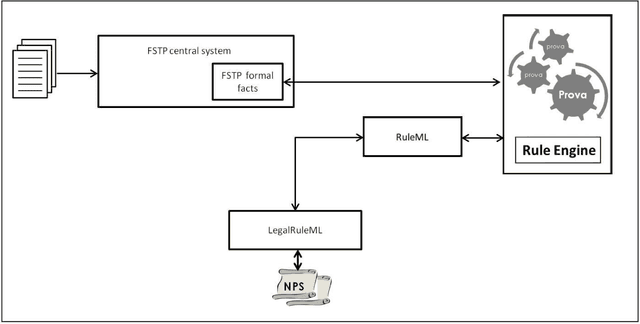
Abstract:Non-obviousness or inventive step is a general requirement for patentability in most patent law systems. An invention should be at an adequate distance beyond its prior art in order to be patented. This short paper provides an overview on a methodology proposed for legal norm validation of FSTP facts using rule reasoning approach.
 Add to Chrome
Add to Chrome Add to Firefox
Add to Firefox Add to Edge
Add to Edge